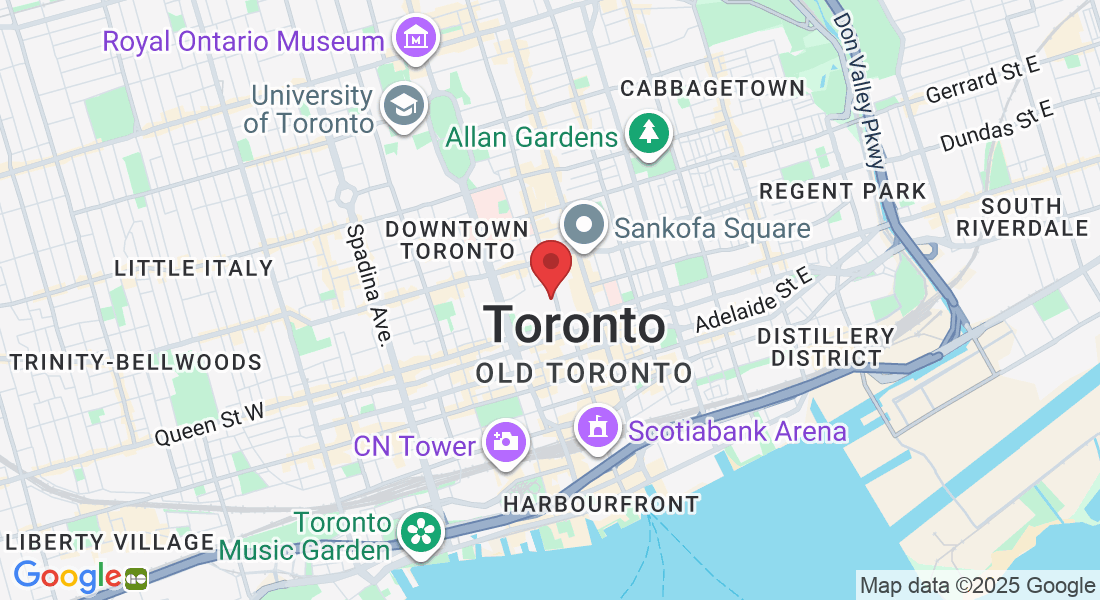Contact Us
Have questions or feedback? We'd love to hear from you! Feel free to reach out using the contact form below or connect with us via email or phone. Our dedicated team is here to assist you and provide the information you need. Your input is valuable to us as we strive to enhance your experience. We aim to respond promptly and look forward to assisting you.
Get In Touch
FAQS
What does homeowners insurance typically cover?
Homeowners insurance typically covers a range of perils, including damage or loss caused by fire, theft, vandalism, hail, windstorms, and more. It also provides liability coverage in case someone is injured on your property, and it can help with additional living expenses if your home becomes uninhabitable due to a covered event. However, it's essential to review your specific policy to understand its coverage limits and any optional add-ons you may have.
How is the cost of homeowners insurance determined?
The cost of homeowners insurance is influenced by various factors, including the location of your home, its replacement cost, the age and condition of your home, your claims history, and the coverage limits you choose. Additionally, factors like the presence of security systems, proximity to fire hydrants, and your credit score can impact your premium. It's a good idea to work with an insurance agent to assess your unique situation and find a policy that offers the right coverage at an affordable price.
Is flood damage covered by standard homeowners insurance?
No, standard homeowners insurance typically does not cover flood damage. To protect your home from flood-related losses, you would need to purchase a separate flood insurance policy through the National Flood Insurance Program (NFIP) or a private insurer. It's important to assess your risk based on your location and consider obtaining flood insurance if you live in an area prone to flooding, even if it's not required by your lender.


